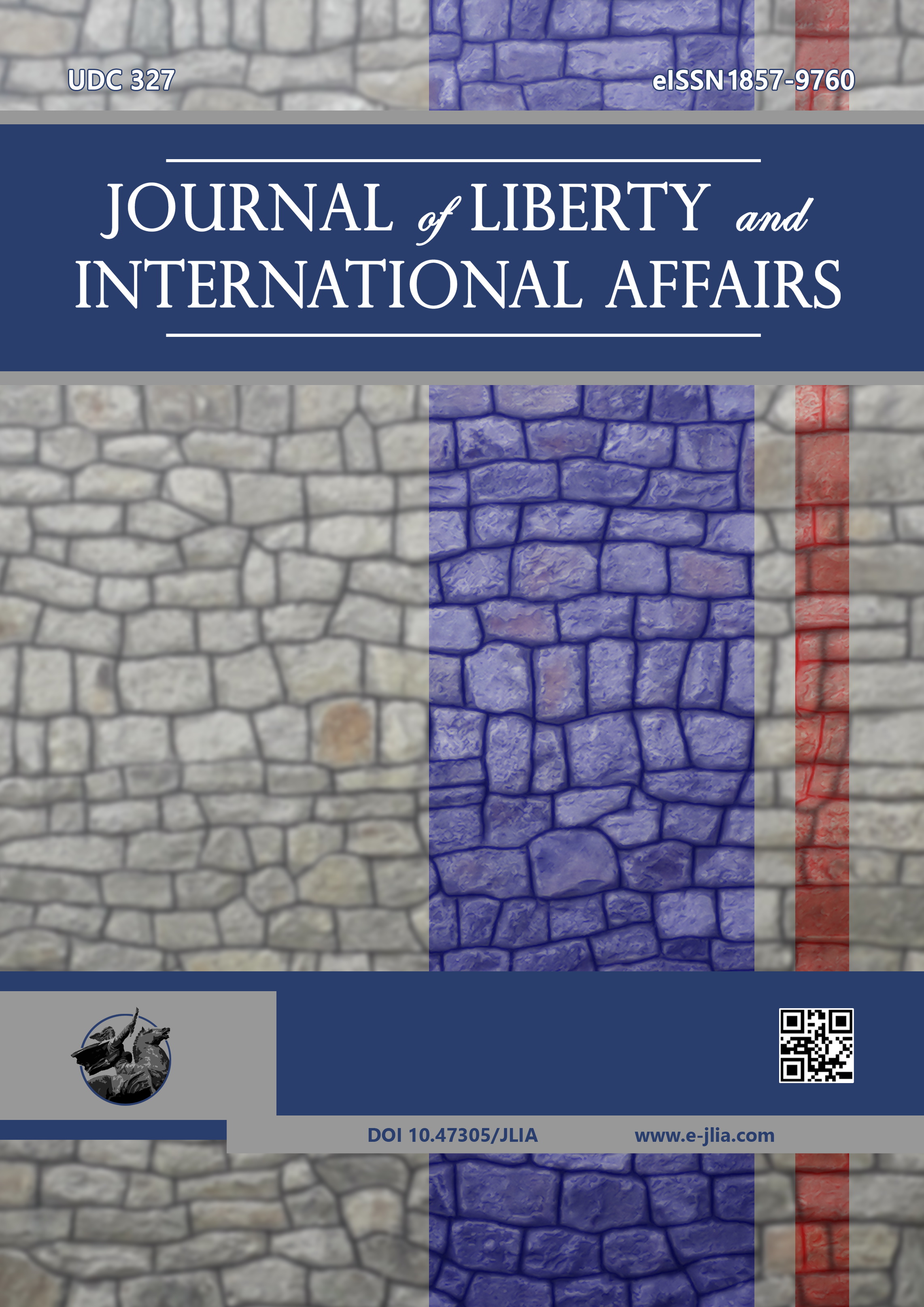REFOULING ROHINGYAS: THE SUPREME COURT OF INDIA'S UNEASY ENGAGEMENT WITH INTERNATIONAL LAW
REFOULING ROHINGYAS: THE SUPREME COURT OF INDIA'S UNEASY ENGAGEMENT WITH INTERNATIONAL LAW
Author(s): Malcolm Katrak, Shardool KulkarniSubject(s): Politics / Political Sciences, Law, Constitution, Jurisprudence, Constitutional Law, Criminal Law, Civil Law, International Law, Human Rights and Humanitarian Law, Political Sciences, Civil Society, Governance, Public Law, Government/Political systems, Comparative politics, Inter-Ethnic Relations, Philosophy of Law, Sociology of Law, Commercial Law, Court case, Asylum, Refugees, Migration as Policy-fields, Comparative Law, Administrative Law
Published by: Institute for Research and European Studies - Bitola
Keywords: Rohingyas; Non-Refoulement; Constitution; International Law; Refugees
Summary/Abstract: The complex relationship between international and municipal law has been the bone of significant scholarly contention. In the Indian context, despite a formal commitment to dualism, courts have effected an interpretive shift towards monism by espousing incorporation of international law. The case of Mohammad Salimullah v. Union of India, which involves the issue of deportation of Rohingya refugees from India, represents a challenge in this regard owing to the lack of clarity as to India’s obligations under the principle of non-refoulement. The paper uses the Supreme Court’s recent interim order in the said case as a case study to examine India’s engagement with international law. It argues that the order inadequately examines the role of international law in constitutional interpretation and has the unfortunate effect of ‘refouling’ Rohingyas by sending them back to a state where they face imminent persecution.
Journal: Journal of Liberty and International Affairs
- Issue Year: 7/2021
- Issue No: 2
- Page Range: 116-127
- Page Count: 12
- Language: English

